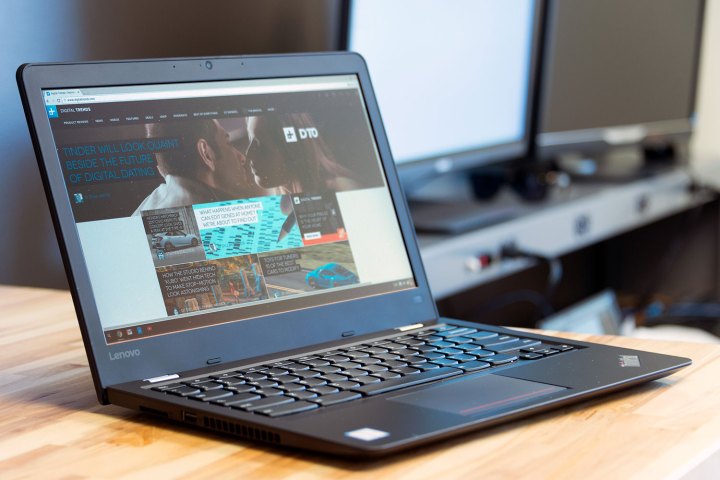
The news stems from sources in the Taiwan-based supply chain who claim that Microsoft will lower its Windows 10 licensing rates for notebooks measuring under 14.1 inches slated to launch throughout 2017. Cheaper than what Microsoft charged in 2016, the new licensing rates are expected to go live on March 1, and will depend on the following:
- Screen size
- Notebook type (clamshell, 2-in-1, etc.)
- Notebook hardware (high-end, mid-range, and entry-level)
- Market (developed or emerging)
According to the sources, low-cost Chromebooks, which are highly popular in the educational sector, have taken a huge share of the low-end notebook market. Laptop makers who currently crank out new Chromebooks seemingly every other quarter include Acer, Asus, Dell, Lenovo, and Samsung. That has put a lot of pressure on Microsoft to lower its licensing fees of Windows 10 for the lower-end notebook segment. Currently, the new licensing fee pricing slated for March 1 is unknown.
This isn’t a new battle for Microsoft, as Chromebooks have been a thorn in the company’s side for quite some time. As an example, in 2014 Microsoft reportedly charged notebook manufacturers a mere $15 to install Windows 8.1 on each device that sold for less than $250, down from the standard $50 fee. The fee reduction wasn’t limited to the size of the device, to a specific market, or a hardware “class” (such as low-end, high-end, etc).
Microsoft also released a “Bing” edition of Windows 8.1, which was offered to laptop manufacturers for free or at a greatly reduced cost to compete with Chromebooks. For a while there was talk that Microsoft would release a Bing edition of Windows 10, too, but that never happened. That may have had something to do with the free Windows 10 upgrade program that concluded on July 29, 2016, which also applied to customers with devices sporting Windows 8.1 with Bing.
As for the current rumor, a reduced licensing fee could lead to laptops with better hardware specs at current price points. The rumor could also mean general Windows 10 laptops with lower price tags, but don’t expect a significant price reduction. After all, there are plenty of value-oriented
What makes Google’s Chrome OS unique is that it’s mostly web-based: the apps remain in the cloud and do not install directly on Chromebooks. And even though Chromebooks seemingly rely on an internet connection, there are “thousands” of apps that have an offline mode.
Chrome OS also now supports Google Play, allowing users to install and use Android apps on Chromebooks. Even more, Chrome OS isn’t plagued with privacy concerns as seen with Windows 10.
Given we’re only knee-deep in January, the fruits of Microsoft’s license fee reduction won’t be seen until April or so. The reduction seemingly coincides with the launch of Creators Update, so it will be interesting to see what the update brings in terms of both devices and prices this spring.
Editors' Recommendations
- Windows 11 vs. Windows 10: finally time to upgrade?
- Microsoft plans to charge for Windows 10 updates in the future
- The best Windows 10 keyboard shortcuts
- It’s not just you: Microsoft confirms Windows 11 is having gaming issues
- Update Windows now — Microsoft just fixed several dangerous exploits


